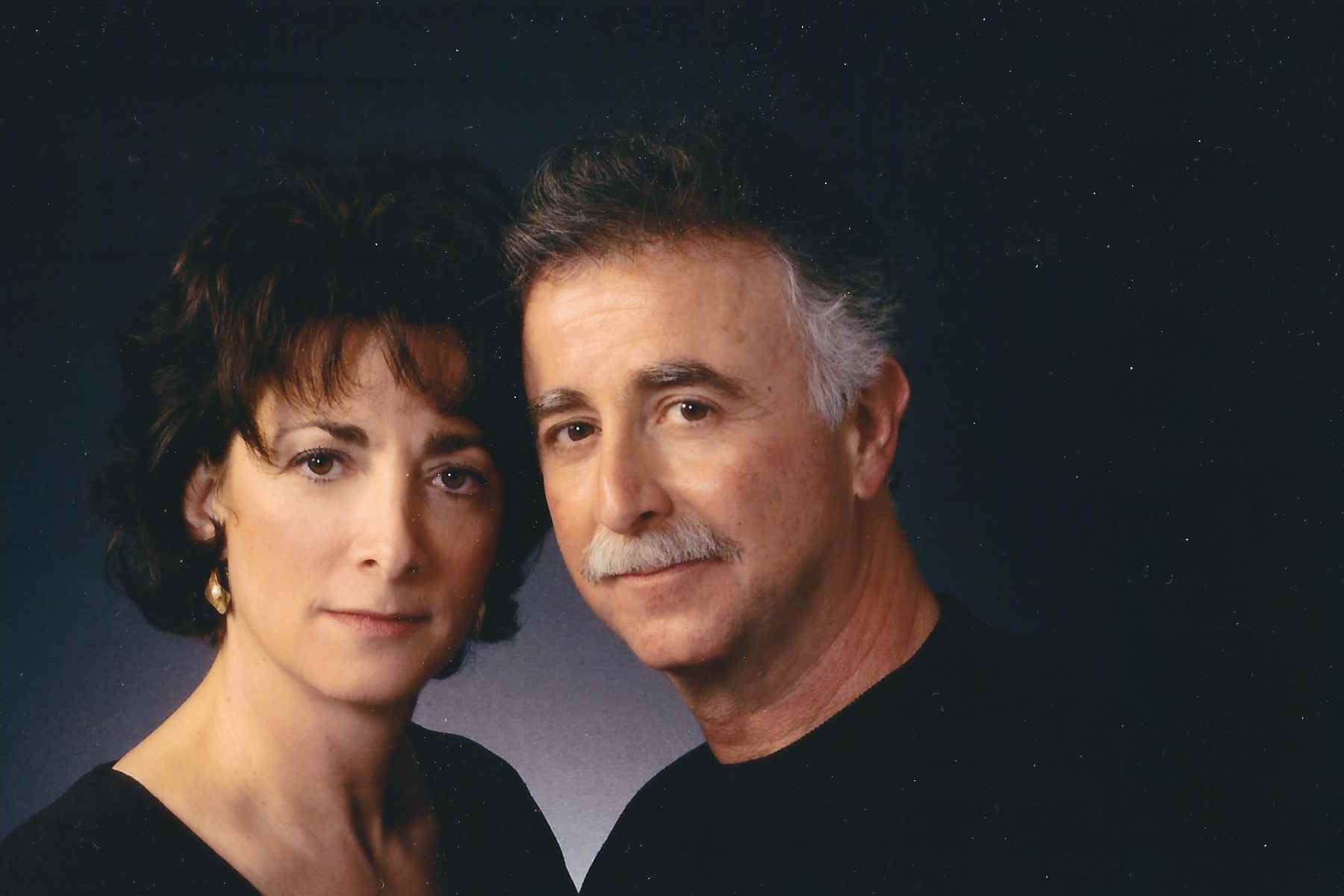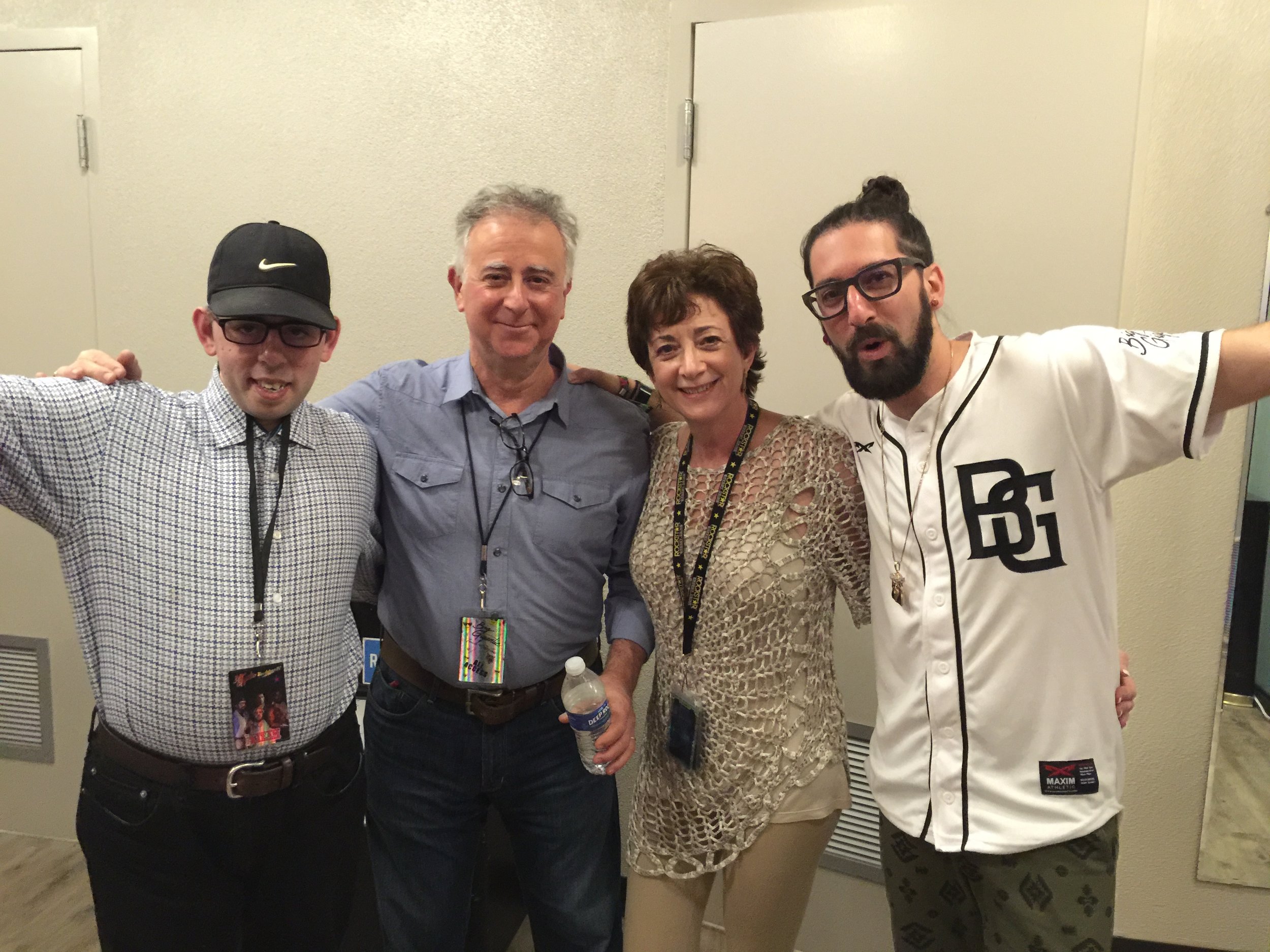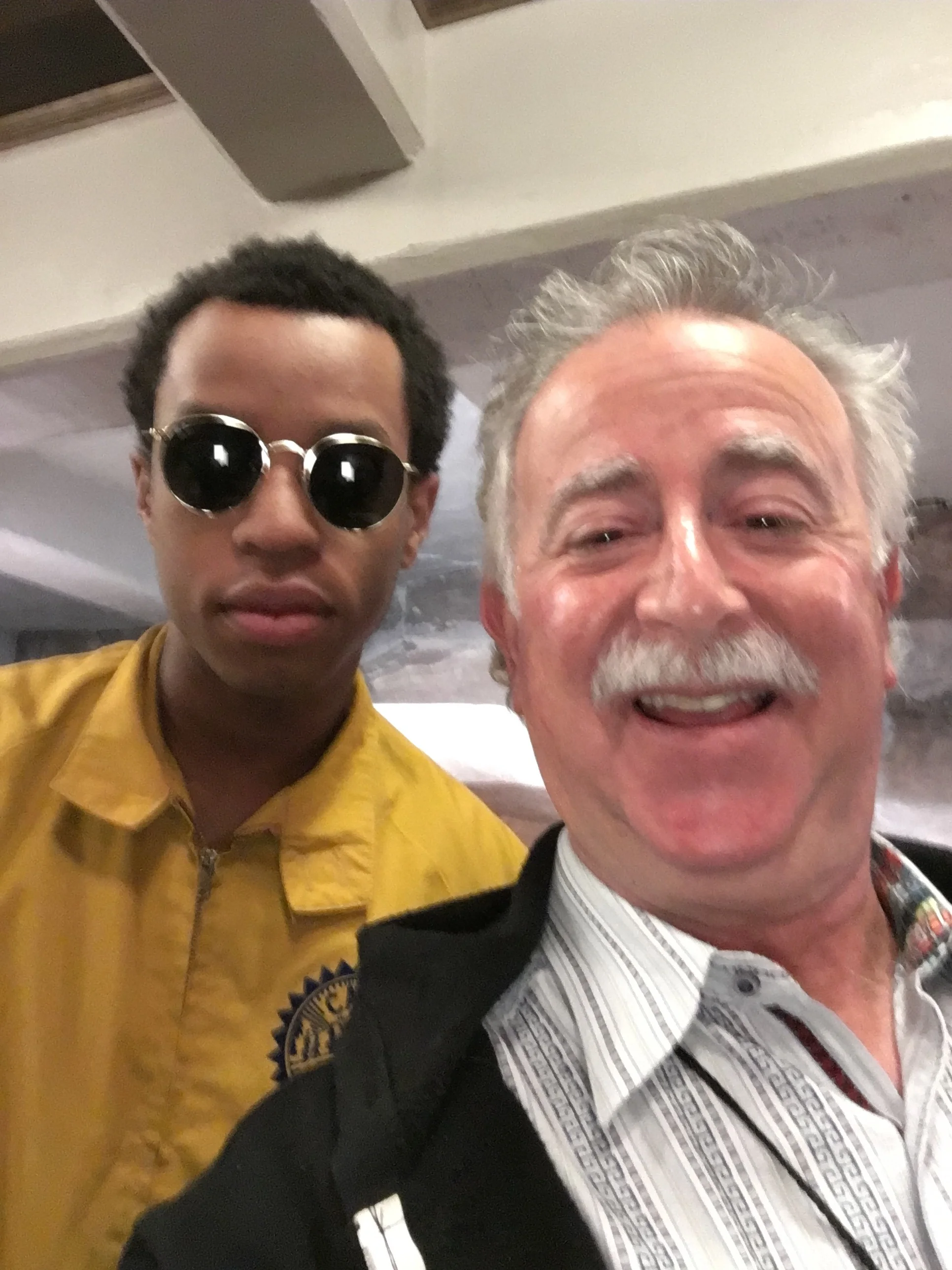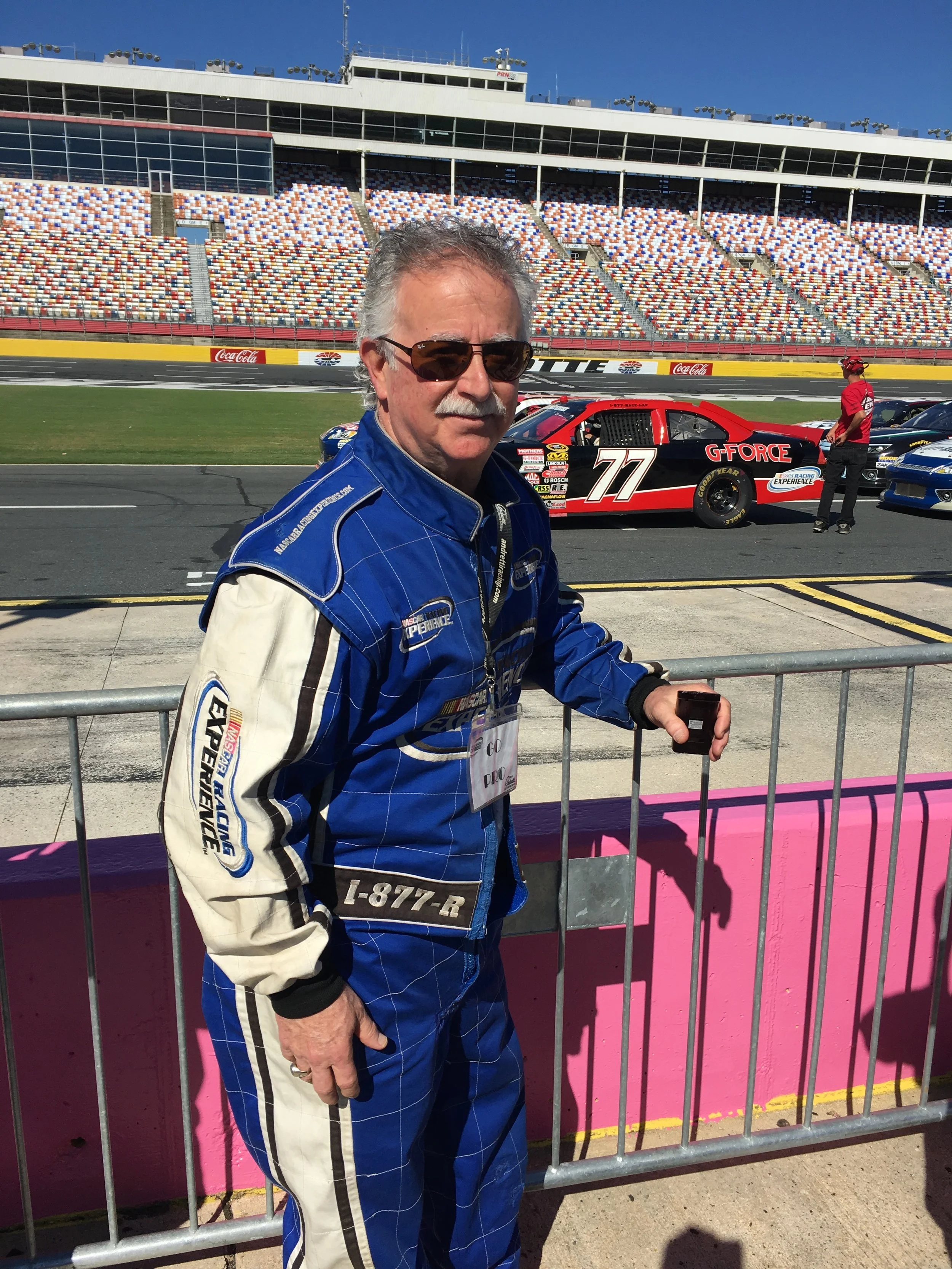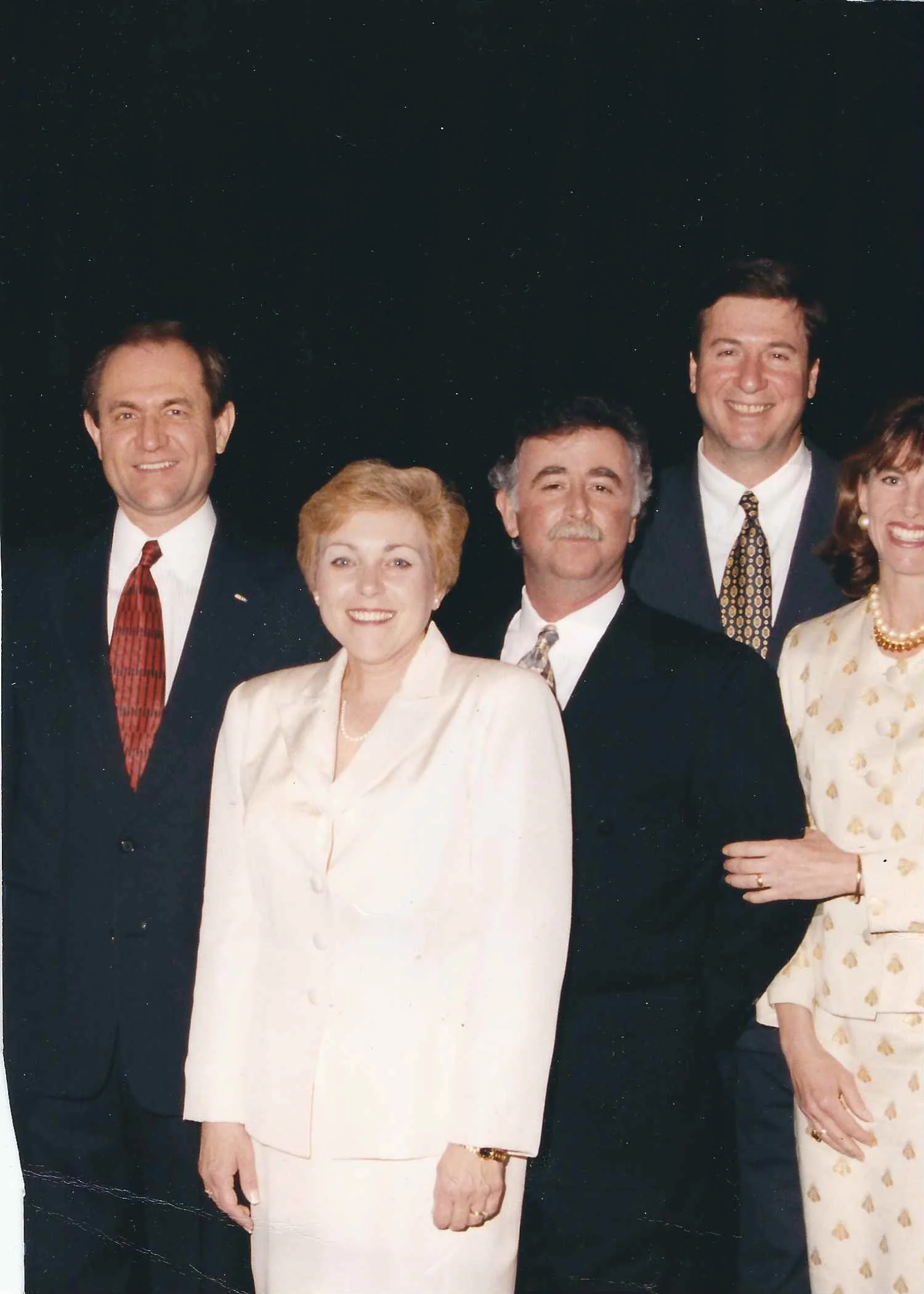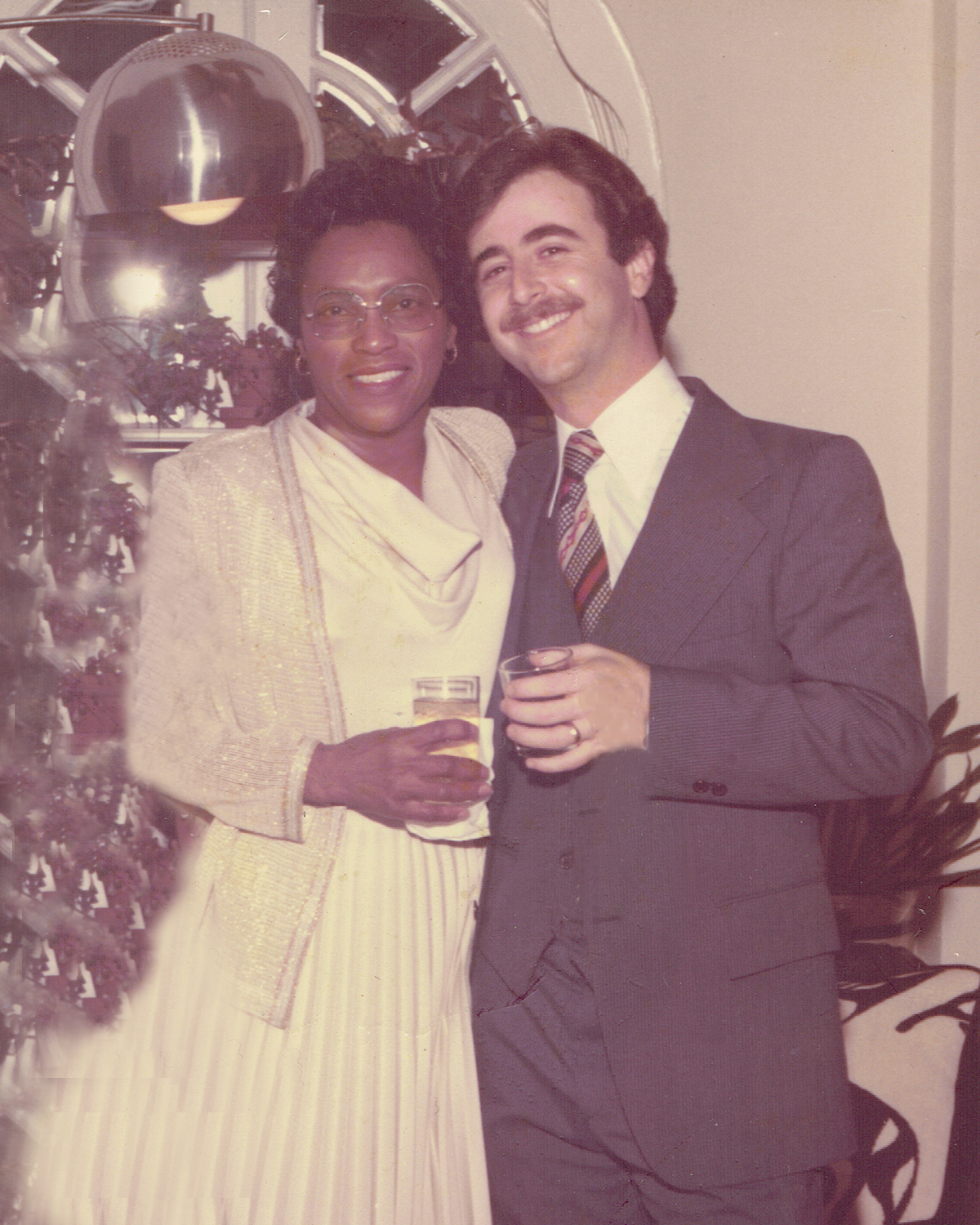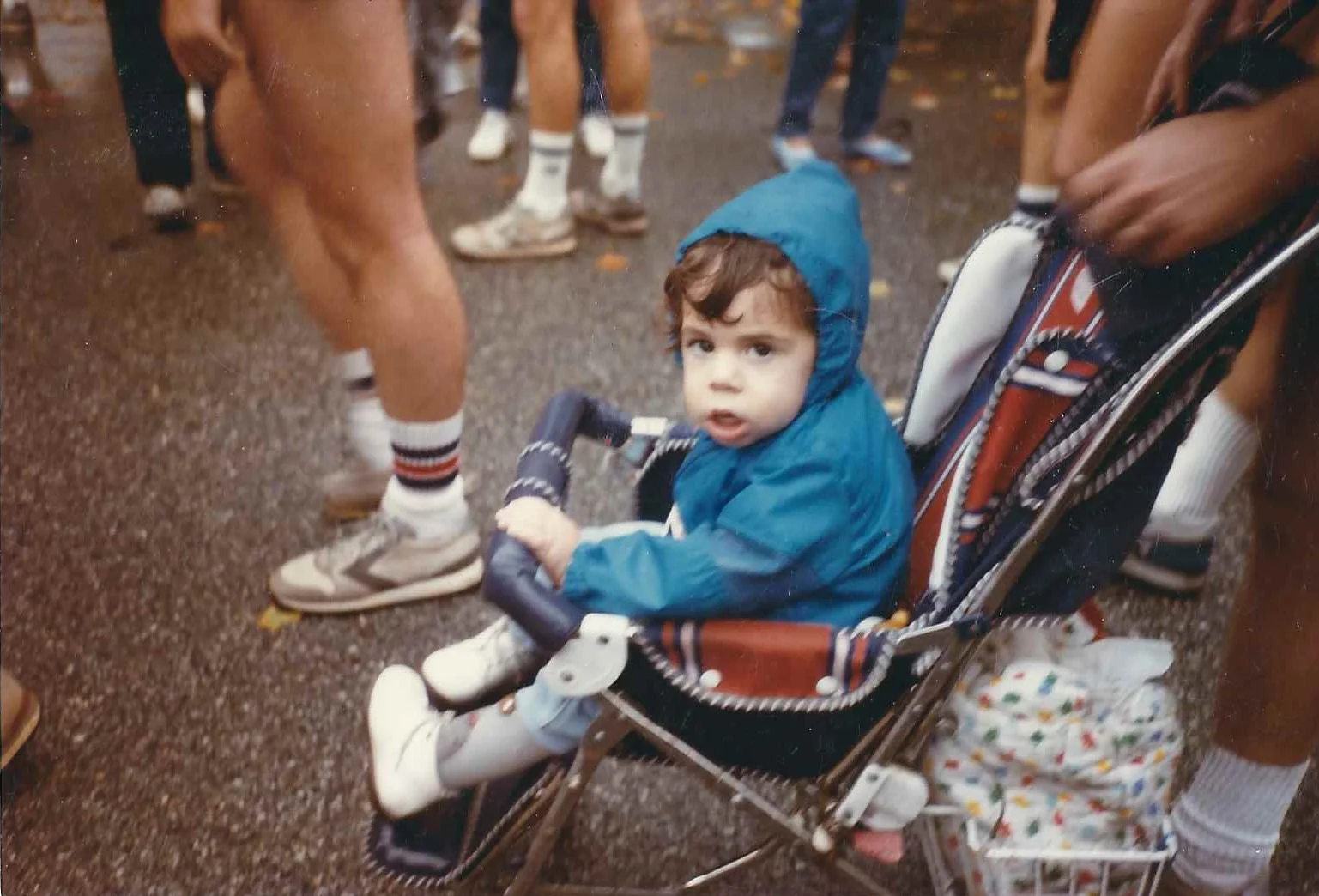Who is Steven Lapkin?
Steve was born in Richmond Virginia in 1950 and except for brief periods has always lived there. He is a graduate of Thomas Jefferson high, Louisburg college, an studied at the college of William and Mary and VCU. After a career in retail dress shops, Steve partnered with his wife Melanie in a real estate sales business for the past 18 years and is currently semi retired. Spiritually and culturally Jewish, Steve and Melanie live for their two exceptional sons; Herbie 34, who has Muscular Dystrophy, and Jeremy, who is the drummer for EDM band Big Gigantic. Volunteerism has always been important: they’ve worked with the Muscular Dystrophy Association (MDA), The Special Olympics, and partnered in the founding of a religious school for special needs kids, where Herbie was bar mitzvah’d. Steve finds no conflict in being socially liberal, somewhat libertarian, and fiscally conservative. He received an intriguing email regarding this project and replied, never thinking he would be asked to participate.
Excerpt from interview with Steve Lapkin by Whitney Dow, 2017
Q: And what was the community like that you grew up in?
Lapkin: [10:35:00] Pretty standard for somebody born in the suburbs. I went to Mary Munford Elementary School [Richmond, Virginia] which of course was all white back in the ’50s. And, you know, we could walk to school or take the bus to school, ride the bike to school. Suburban neighborhood. Easy to play outside with other kids, and it was safe. We had a sheltered environment. We had a housekeeper who was consistent in our family from the time that I was two. So, Mary Ross [phonetic] was an absolutely wonderful, saintly woman who provided comfort and solace to me besides the everyday necessities of providing for children. My mother worked and well, primarily to put food on the table.
My father was kind of lazy and had a family business, but really was not much good at business. But he was able to leave his father’s business—Credit Clothing Store—with enough wherewithal to be able to purchase a business in Hopewell, a ladies’ dress business in Hopewell [Virginia], that my mother ran. And that provided for our existence. But for the day-to-day stuff—you know, who’s going to provide the clothes and the food and all that stuff—that was Mary. She was at our house every morning at 7:30 to make breakfast for us. And that provided some early perspective for me on the differences between people that grew up in my environment and people who didn’t.
Q: And what race was Mary?
Lapkin: [10:37:20] She was black.
Q: So how was race thought about, talked about, sort of processed in your house growing up?
Lapkin: [10:37:31] Well, in private I was kind of told that bringing home a black girl was not something that would be looked favorably upon. My father, I think typical of his generation and of his upbringing, felt that innately, black people were intellectually inferior. I don’t know if that’s something that he learned on his own from the environment that he lived in, worked in, because he certainly didn’t grow up surrounded or involved with other black people. It was as an adult, as a merchant, where his clientele were primarily black.
Q: And how did your relationship with Mary shape your own views on race?
Lapkin: [10:38:31] I wondered. And I admit to not even verbalizing it as a child. But I always had this thought of how could she—more of a question than a thought. How could she get to our house at 7:30 every morning when she had children of her own? Who was taking care of her kids? And I guess I was too ignorant or too young to understand that people had to make money to live. And that’s how she made hers, was by taking care of me. But her children were younger than me. And I think I asked her once. And she said that she had other family members. She came from a large family. She had a lot of sisters. And so there was family to help her with her children so that she could be there taking care of me. And I truly loved her. And it was a sad day when she passed. I was well into my adulthood when she died. But we had remained close long after I was an adult, moved out of the house. And she was no longer able to work for my mother. She continued to work for my mother after my school age.
[INTERRUPTION]
Q: What was your parents’ relationship to Mary? And can you put my question into your answer?
Lapkin: [10:42:25] My parents’ relationship to Mary, my mother really relied on Mary for lots of personal service. Mary would frequently take breakfast on a tray to my mother in bed. She would have dinner either prepared or ready to go in the oven before my parents came home. She did whatever was asked of her. And I think she was paid very poorly. But I loved her. And she took great care of me and my sister. And I know she loved us. That was clear. That was apparent. I felt it. I felt closer to her than I did to my own mother.
Q: And you talked about staying close to her after you left the house. Did you ever talk to her about her relationship to your family?
Lapkin: [10:43:44] No, really didn’t. I witnessed some things that I thought, you know, were kind of odd. My father, who could do things that seemed kind of strange, and I didn’t really understand a lot of it, but since he was very abusive to me, I didn’t ask a lot of questions. But Mary would come to the house. She would take a bus from Church Hill. It was probably an hour or more that it would take her to get to work every day. And she had a little closet in our den where she would keep work clothes. And she would change from her street clothes, her regular clothes, put on something more comfortable for her to clean the house, a uniform kind of thing. And I remember one morning my father was sitting in the den reading the paper, naked as a jaybird. And when Mary came in to change her clothes he didn’t move. He just sat there totally naked. And she had to change her clothes. So I just thought that was pretty bizarre.
Interview Transcript
Participant-Submitted Photos
